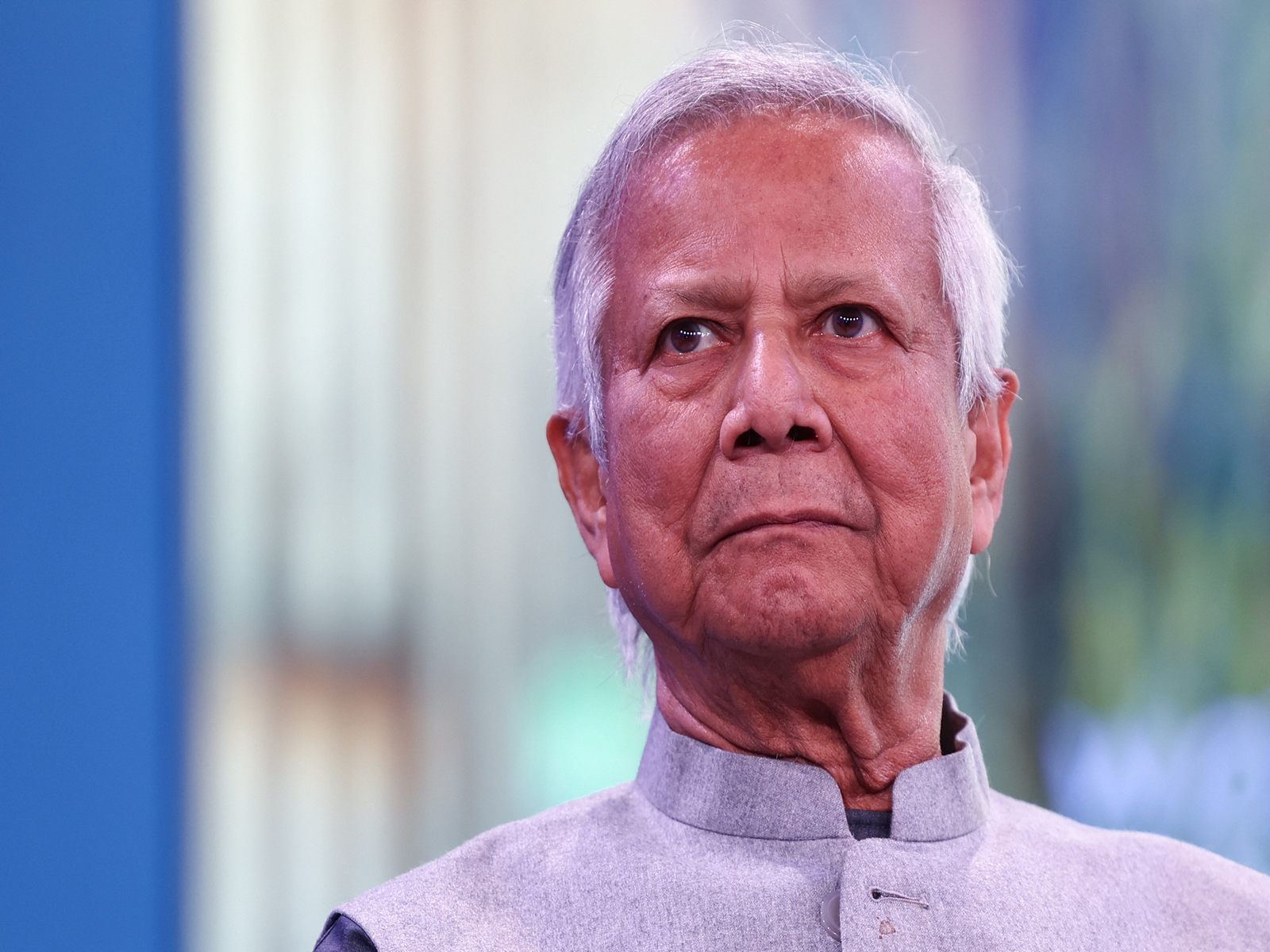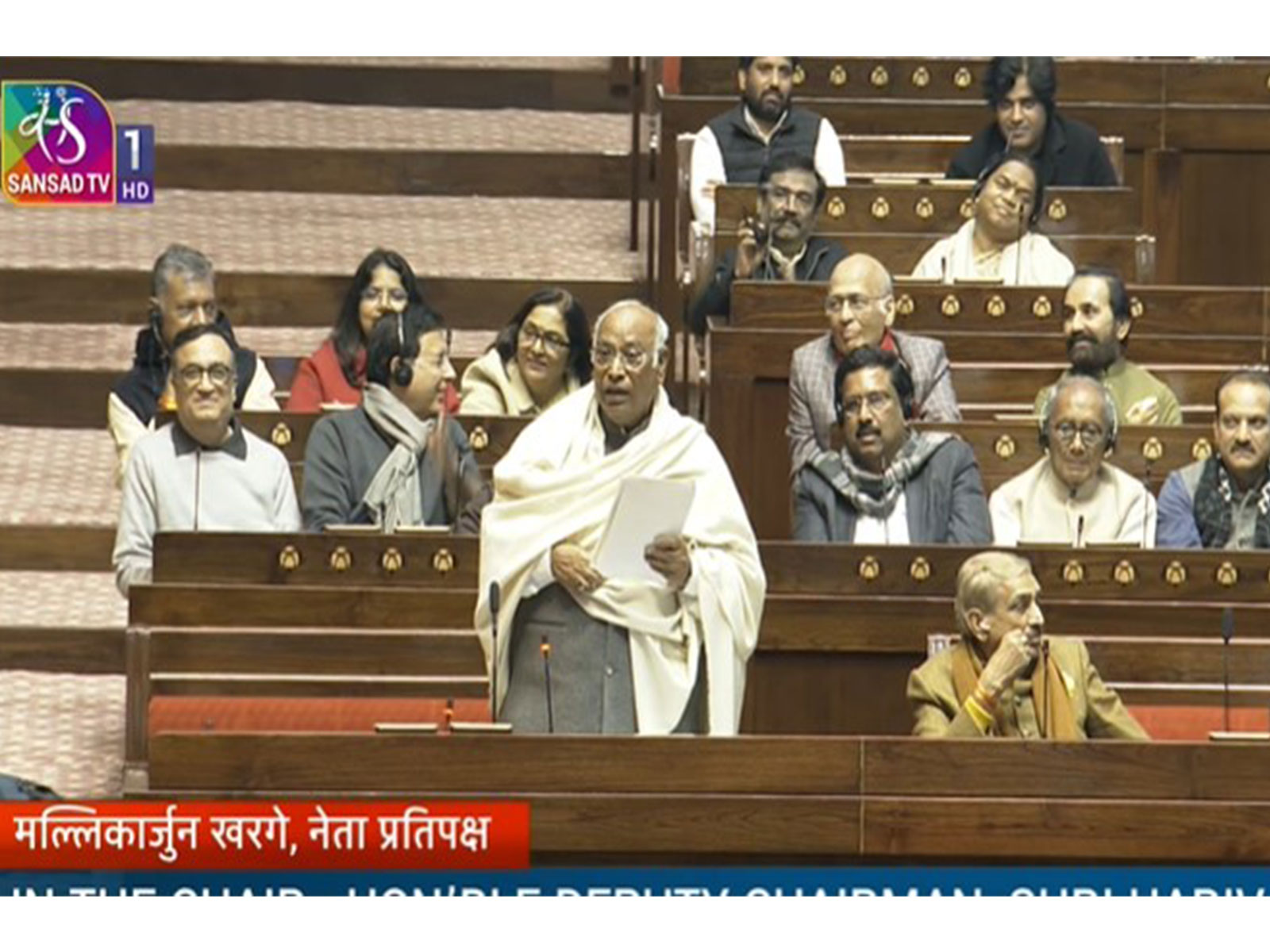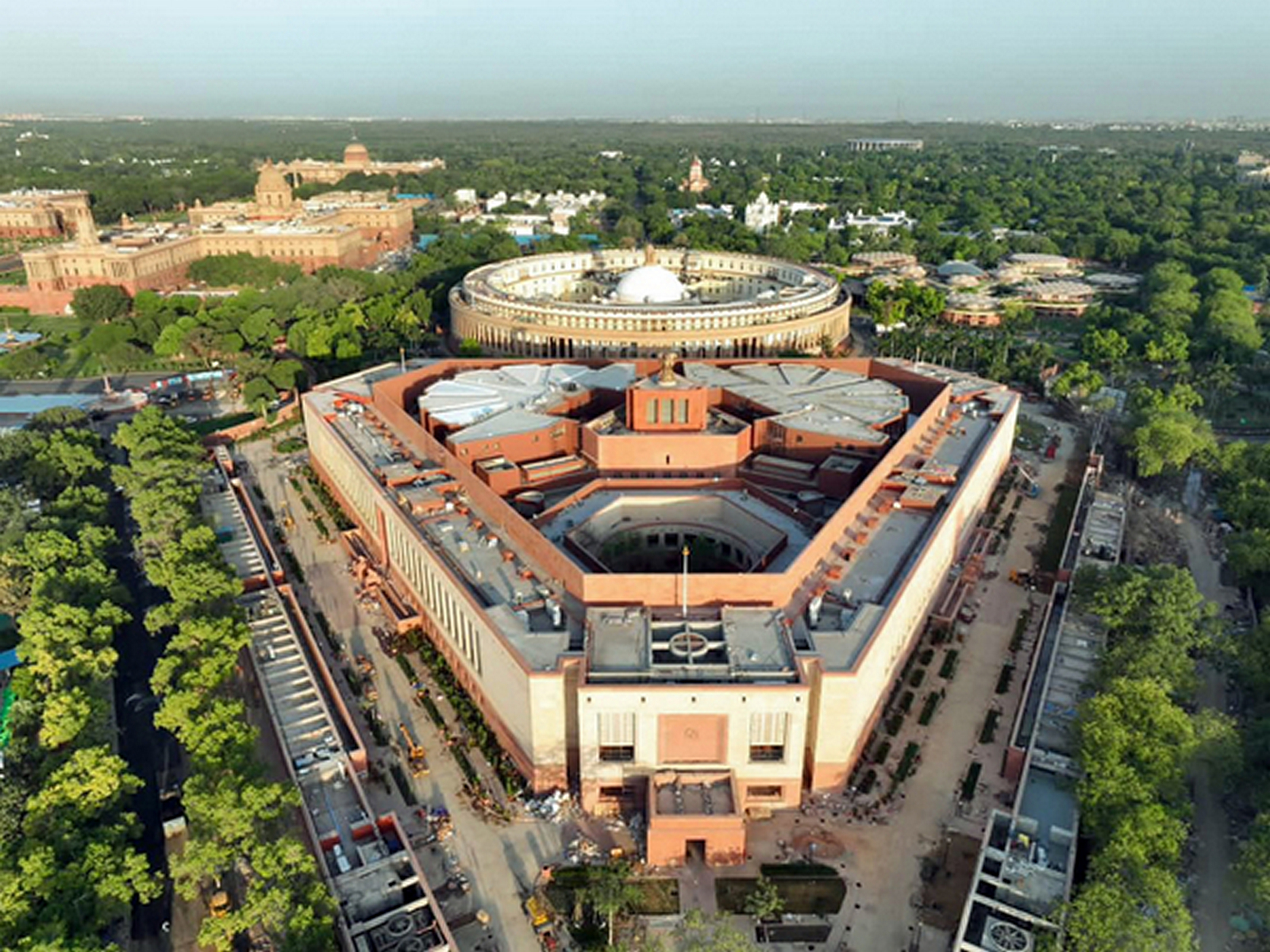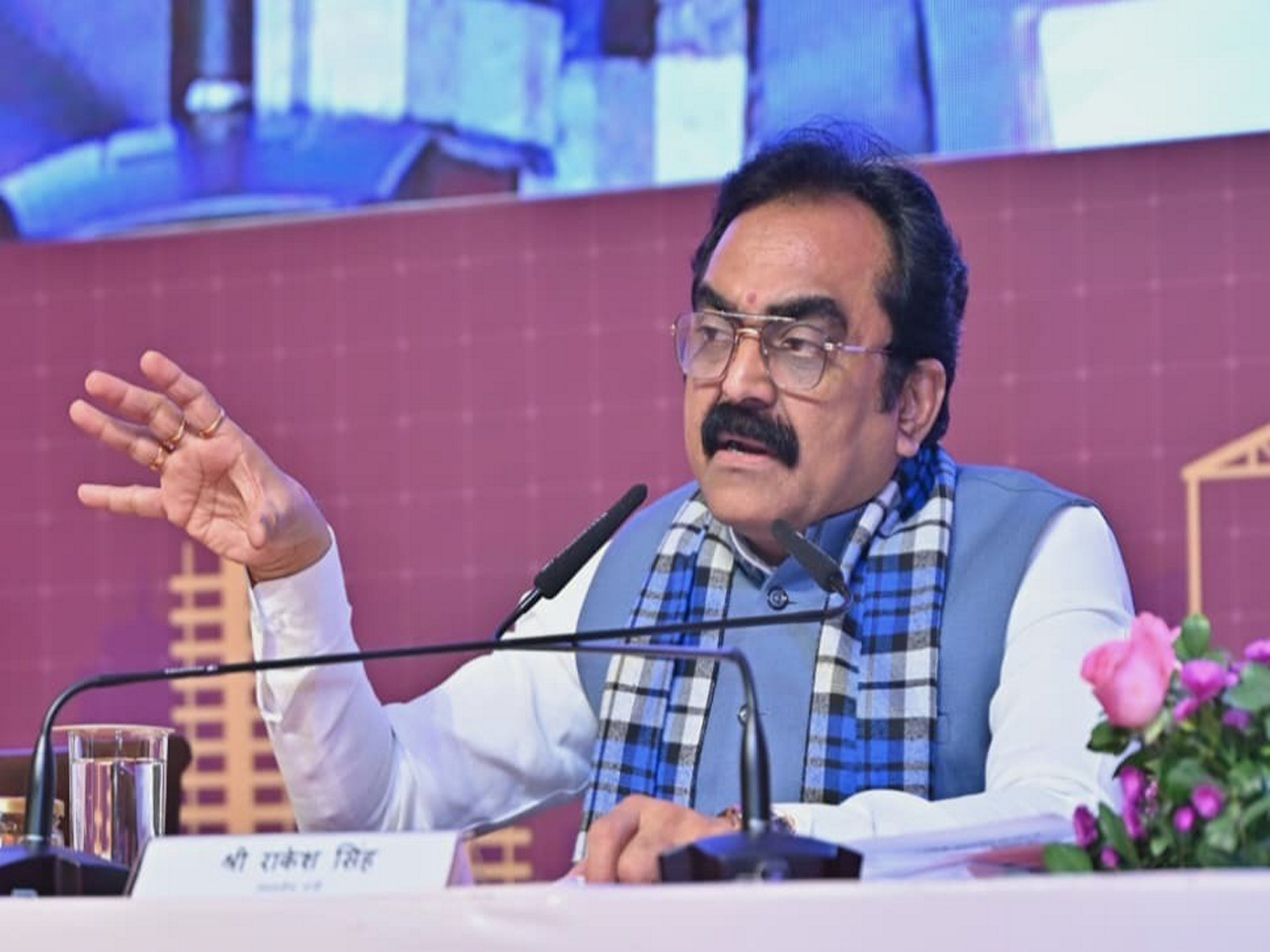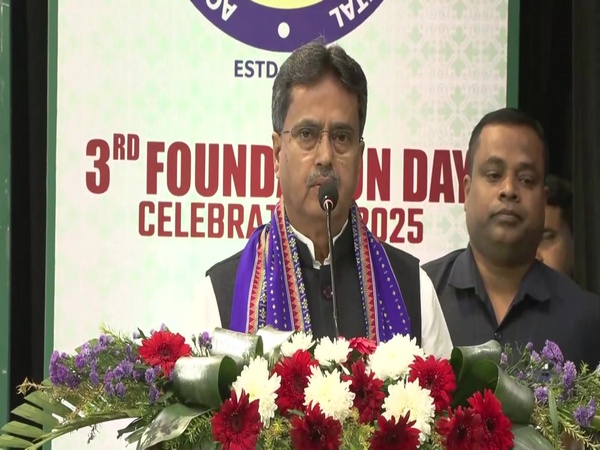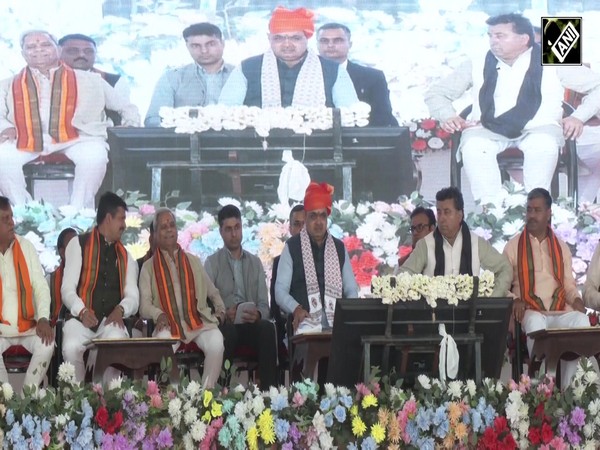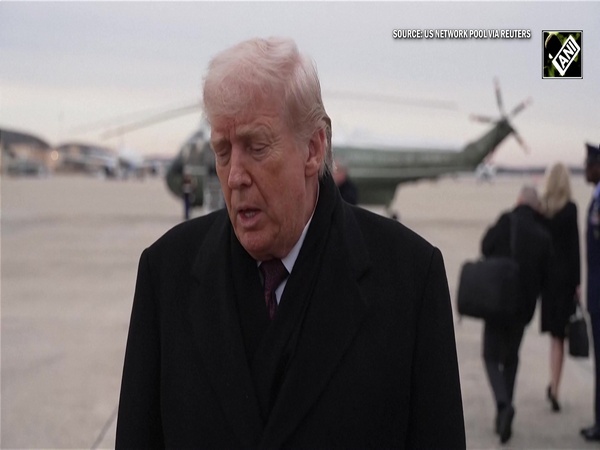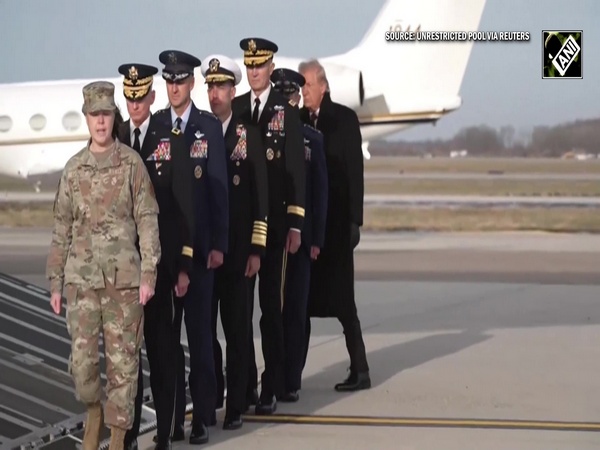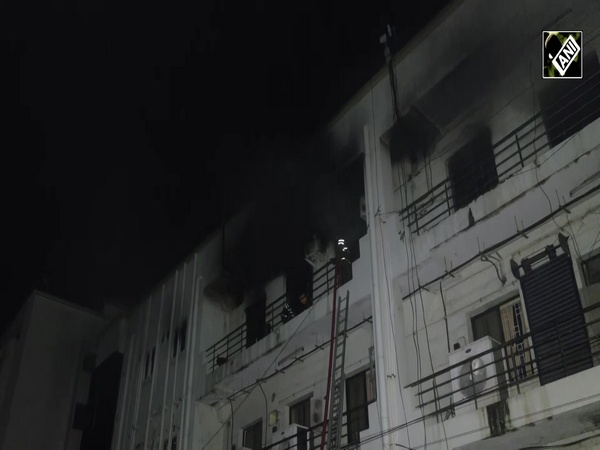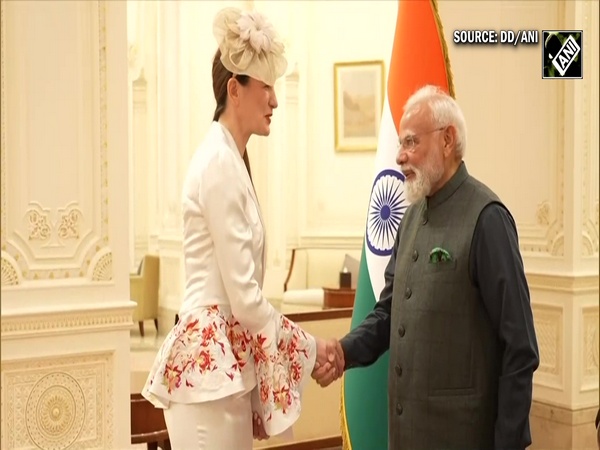Taliban justifies women education ban amid criticism: Report
Dec 25, 2022

Kabul [Afghanistan], December 25 : The Taliban-appointed Acting Minister of Higher Education of Afghanistan Nida Mohammad Nadim said there is no opposition to the barring of women from university education in the country. This comes at a time when the Taliban is attracting criticism over the matter from around the world, Khaama Press reported.
The statement was given by Nadim while addressing a meeting with officials of private universities. According to the Khaama Press report, Nadim said "there has been no opposition to the education of girls as per the recent decree of this ministry". He further said that the Taliban does not intend to oppose the education of the new generation but wants to develop a system according to the Islamic Sharia law and the values of Afghanistan.
According to Khaama Press, the Taliban-appointed education minister also pointed out the formation of a joint commission between the education ministry and university professors for reiterating these sectors should prepare in accordance with the legal provisions of the ministry.
However, to express their frustration and anger on the issues of university education for female students banned by the Taliban, many male students from private and public universities have gone on strike chanting slogans like "education for all or none". Further Khaama Press report said that with Afghan women being deprived of getting an education, some university lecturers have resigned from their positions.
Contradicting Nadim's opinion on the education ban for female students in Afghanistan, Grand Imam of Egypt's Al-Azhar University, Ahmed El-Tayeb called for the Taliban to reconsider their decision to ban Afghan women from accessing university education, saying the decision contradicts Sharia.
The Grand Imam said that he "deeply" regrets the decision issued by the authorities in Afghanistan, preventing Afghan women's access to university education.
Tayeb said he warns "Muslims and non-Muslims against believing or accepting that banning women's education is approved in Islam. Indeed, Islam firmly denounces such banning since it contradicts the legal rights Islam equally guarantees for women and men," he said.
He called on authorities in Afghanistan to reconsider their decision for "the truth is more deserving of being followed."
"I am deeply concerned. I wanted to resign as a protest and I hope these protests and actions by us will convey our voices to officials," said Raihana Halim, a lecturer from Kabul University.
"I have offered my resignation to the Ministry of Higher Education as a protest and in support of our sisters. There are some other lecturers who are trying to continue their process of resignation," said Ihsanullah Rahmani, a lecturer from Kabul Polytechnic University who is in Turkey for his master's degree.
A group of students from different universities in Pakistan's Khyber Pakhtunkhwa in response to the decision held a protest on Friday and demanded the reopening of universities for women in Afghanistan.
On Wednesday, the UN mission in Afghanistan expressed the outrage of millions of Afghans and the international community over the decision by the Islamic regime and called on the de facto authorities to revoke the decision immediately.
In a statement, the UN mission said "the UN and its humanitarian partners also urged the de facto authorities to reopen girls' schools beyond the sixth grade and end all measures preventing women and girls from participating fully in daily public life," the United Nations Assistance Mission in Afghanistan (UNAMA) said.
"Banning women from attending university is a continuation of the systematic policies of targeted discrimination put in place by the Taliban against women," the UNAMA statement read.
Since 15 August 2021, the de facto authorities have barred girls from attending secondary school, restricted women and girls' freedom of movement, excluded women from most areas of the workforce and banned women from using parks, gyms, and public bath houses.
These restrictions culminate with the confinement of Afghan women and girls to the four walls of their homes.
